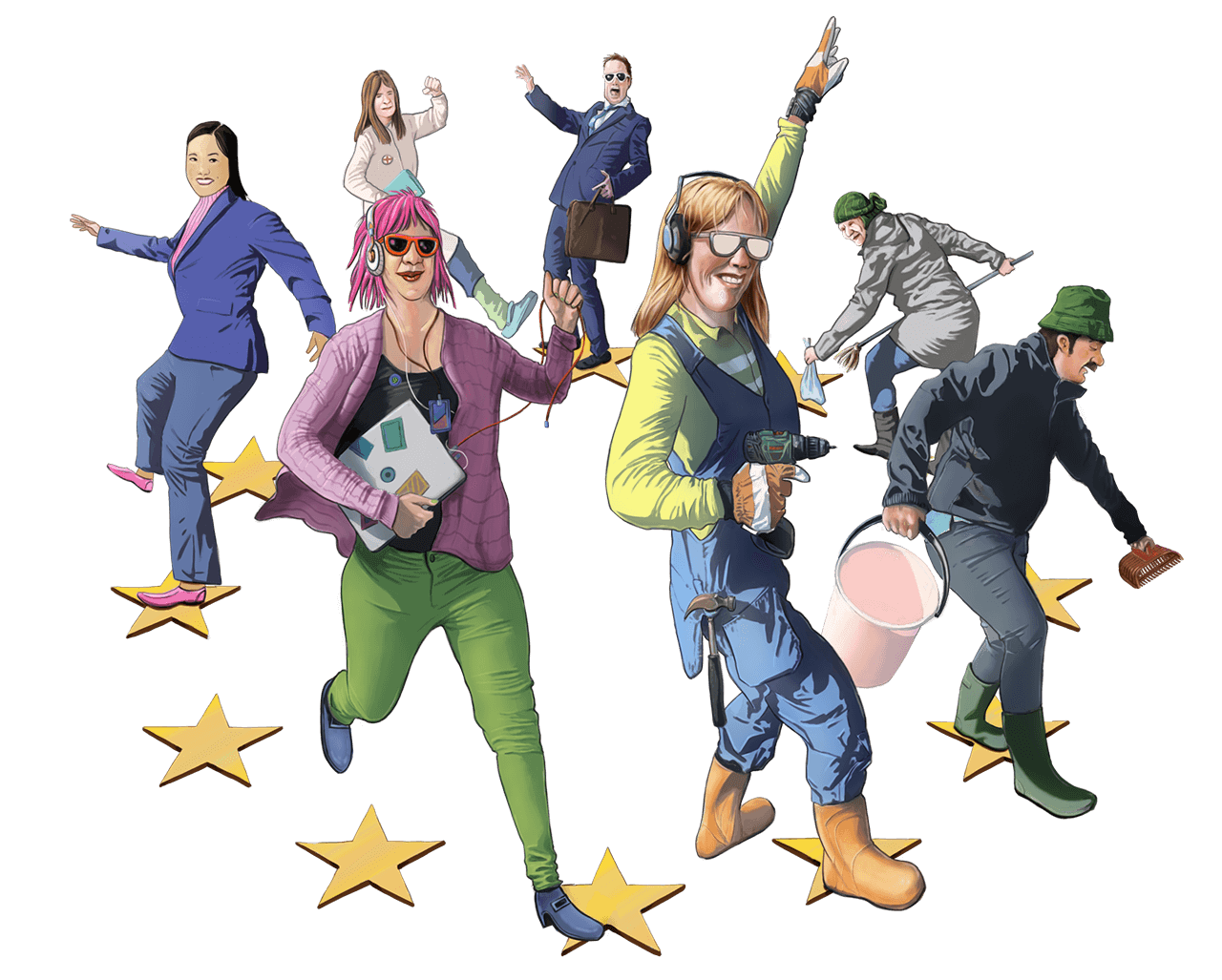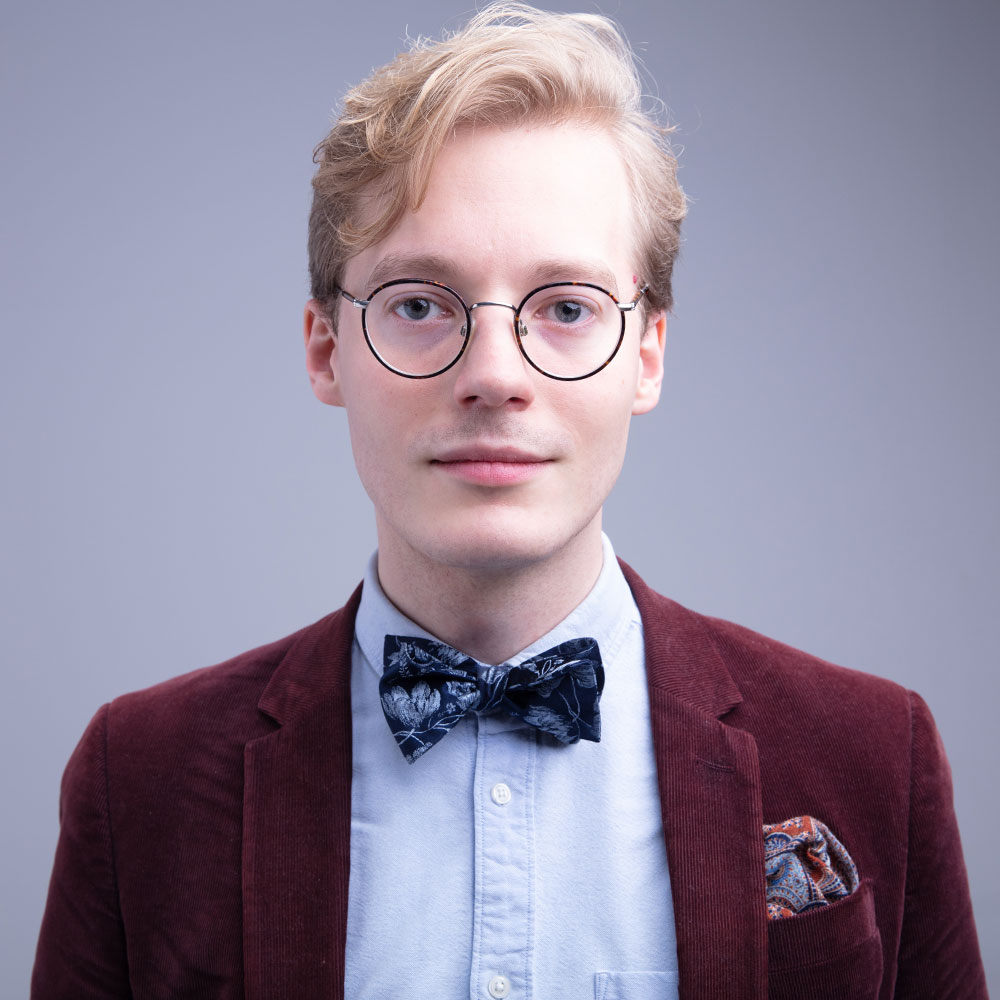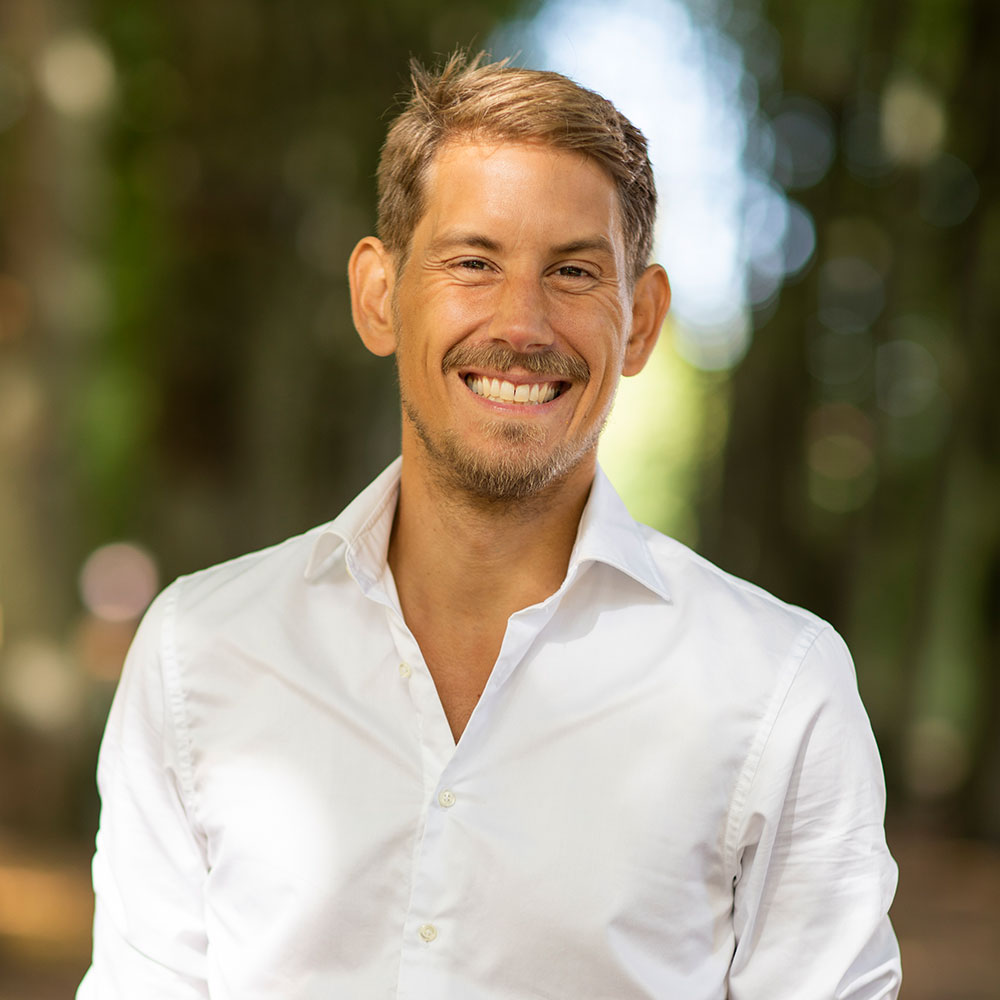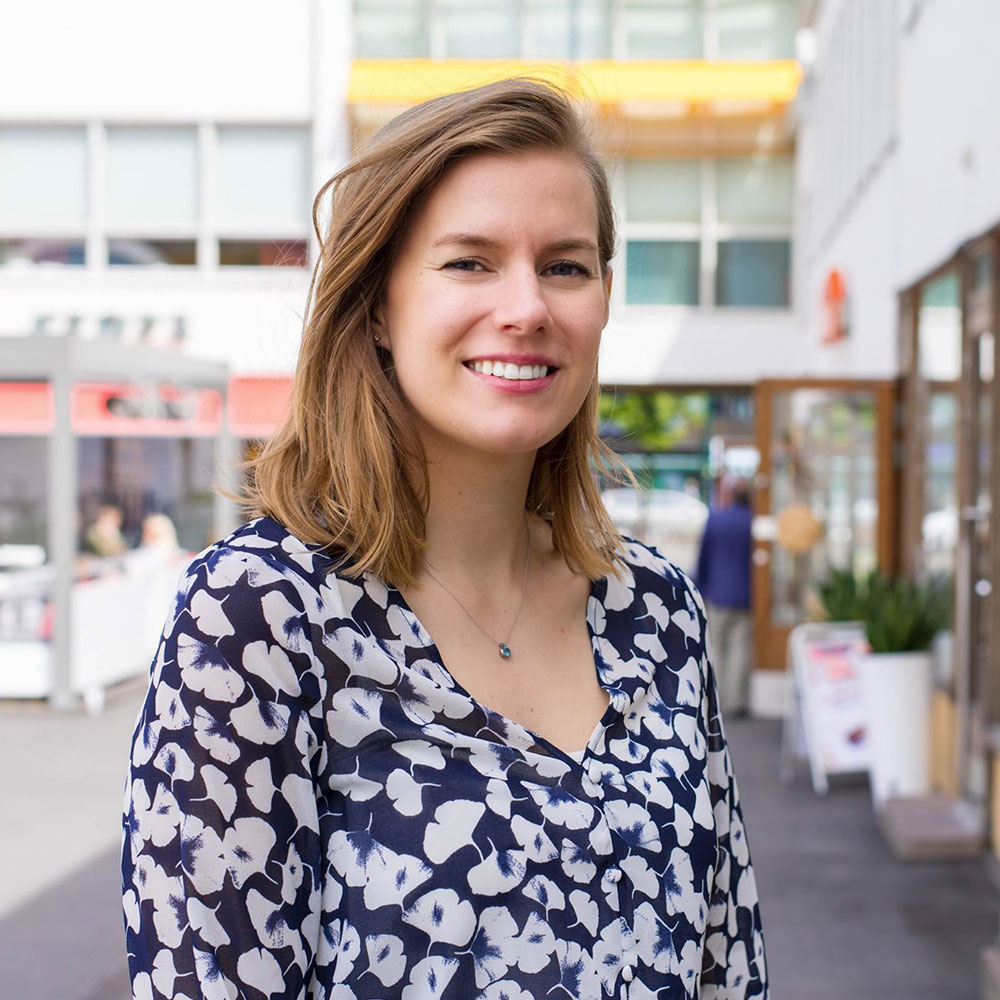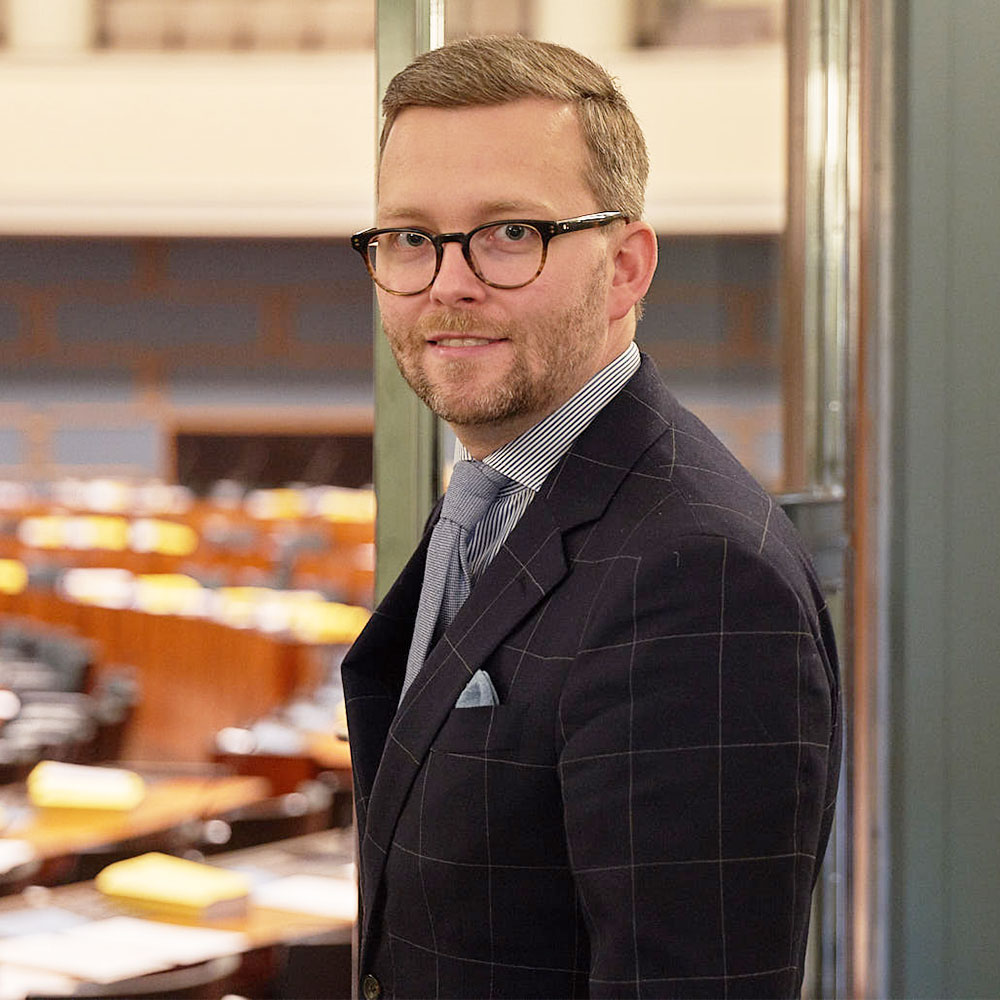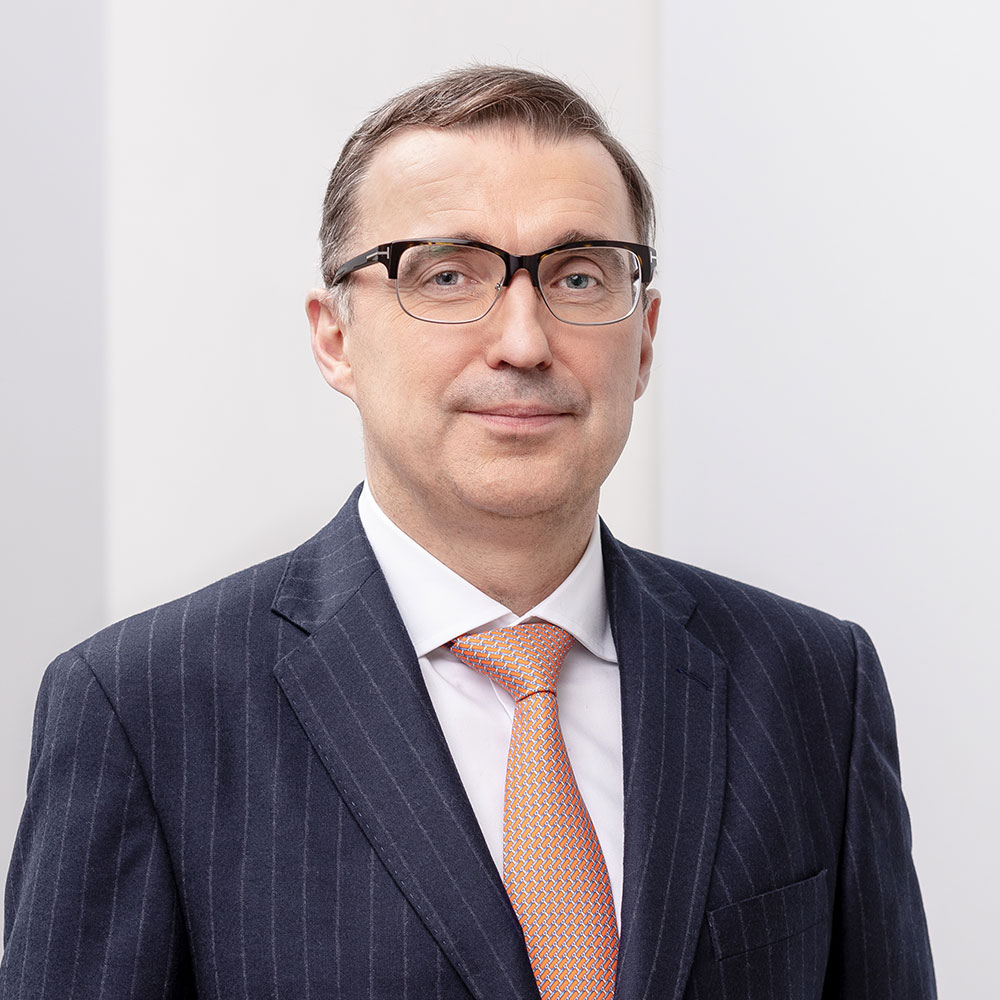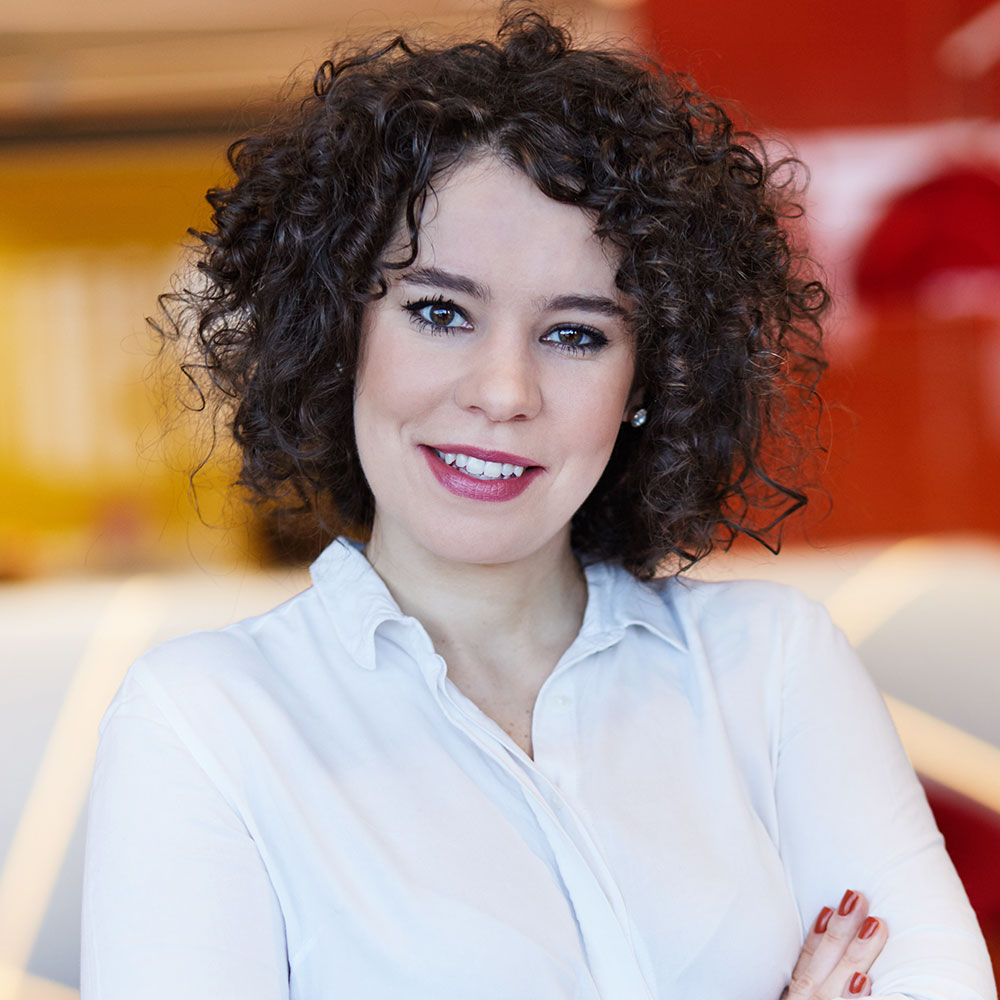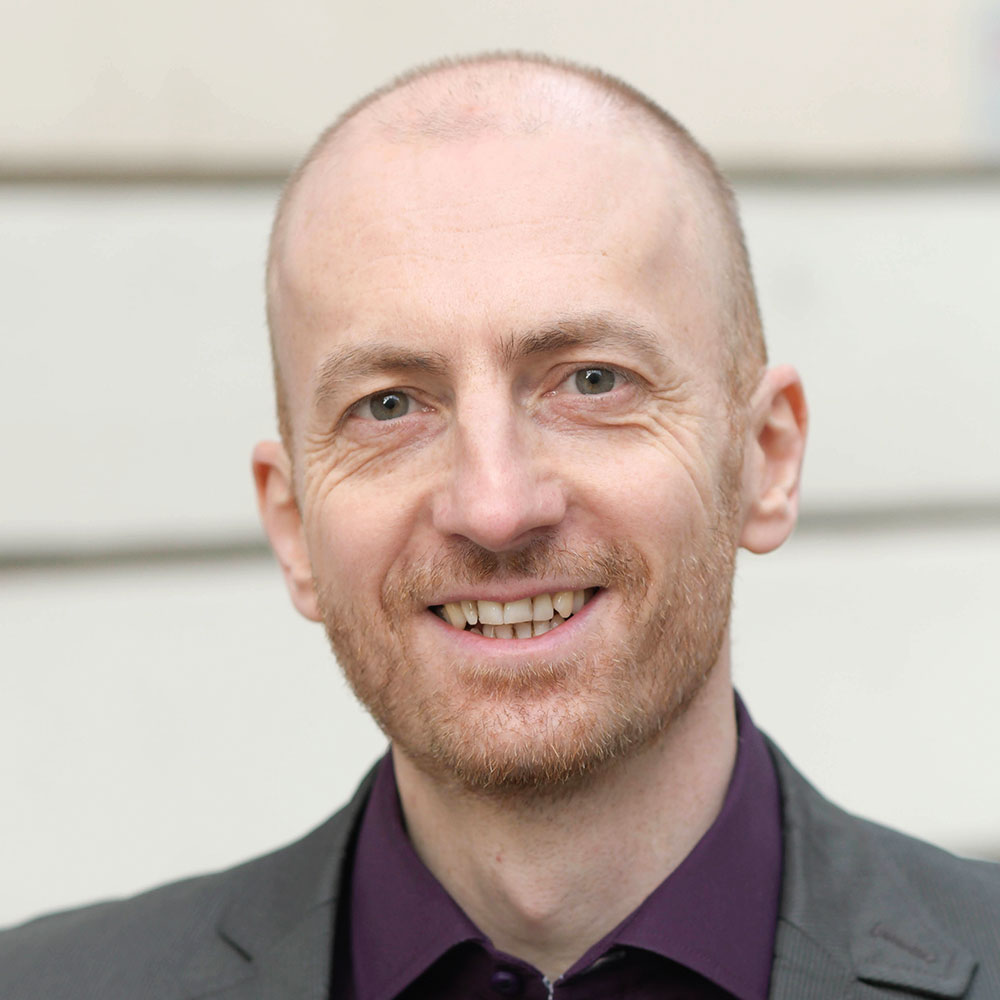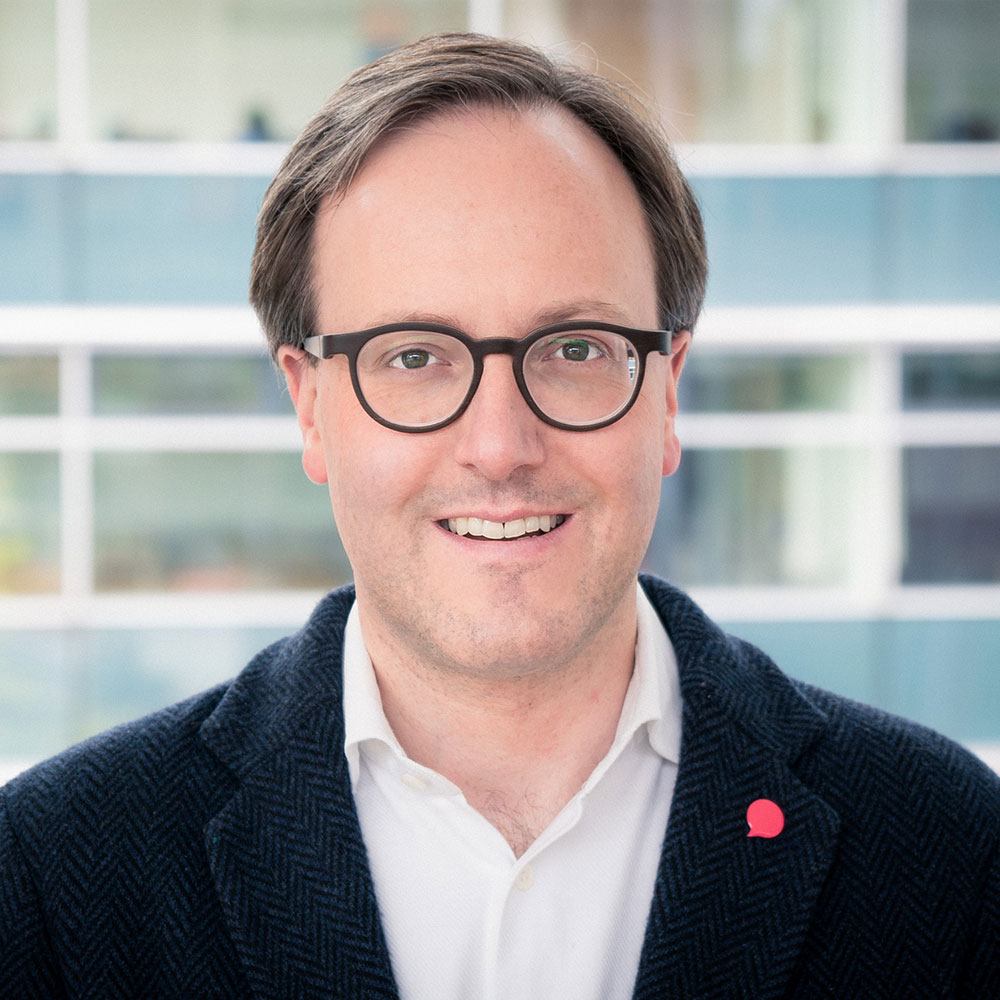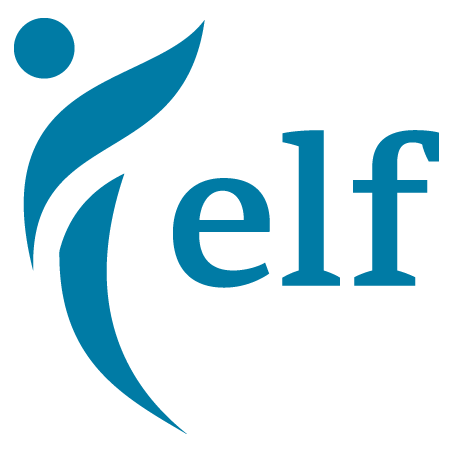The importance of open borders
Being an EU-citizen is a privilege. The individual rights and freedoms we enjoy are so many and so well integrated in our daily lives, that we have started to take them for granted.
One such right is the free movement of people and goods. In the pre-pandemic world, crossing a border in the Schengen-area was very easy. So easy in fact, that most of us stopped thinking about it. It isn’t until we miss something, that we realise how precious it has been to us.
This book tells the story of how Covid-19 impacted the labour market in five EU-countries. Of rotting berries in Swedish forests and of the strain on diplomatic relations between Finland and Estonia. How there were no people to drive taxis or Uber cars in Poland when the Ukrainians left and how show politics led to the Austrian people losing faith in their government.
In this book you will also hear the call from five European policy makers on the importance of open borders in Europe.
